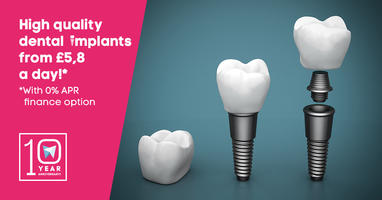Oral surgery is always very scary to patients. Surgery is bad enough, but to imagine such a thing done in a place as delicate and as frequently used on a daily basis as the mouth is just unsettling. Not to fear though, as most oral surgery is perfectly safe and has a near 100% success rate. In order to try and dispel the fear around necessary, life saving oral surgical procedures, the best thing to do is to explain them and to explain what can go wrong with them. Here is an explanation of sinus lifts and all of the things that can go wrong with them.
What is a sinus lift?
If a tooth has been missing for a long time, the alveolus and the periodontal ligament that once held it in the socket will eventually disintegrate and disappear. If this happens in the upper jaw, the sinus cavity will become larger and will take up more space. If you want to get a dental implant to replace the tooth in question, you may encounter some problems. There may not be enough space to house the dental implant. In these cases, you may need a sinus lift, which is a procedure that places an artificial membrane and some artificial bone material into the space with the dental implant, thus bulking up the area, and creating adequate space for the dental implant.

Complications
But, as with all medical procedures, there is a slight room for error. These are the symptoms you should watch out for:
Infection: The area can become infected. While some swelling and bruising is to be expected, a massive swelling and discoloration that is not bruising is an indicator that something is awry. Any discharge or blood is a sign that things are not going well, and you may have to start taking antibiotics. Contact our dentist immediately if you fear you may have a problem.
Allergies, irritation, and itching: Some patients react worse to these kinds of procedures than others. Most people are not allergic to synthetic bone graft material, but sometimes an allergic reaction or irritation, occasionally inflammation of the area can be seen. In these cases, the symptoms make themselves obvious: swelling, itching, discoloration, a burning sensation, redness and puffiness, and all of these symptoms warrant a trip to the dentist who performed the procedure.
Bursting seams: Sometimes the stitching does not hold and the bone graft material can start leaking. Even if you only find a granule or two in your mouth at one point, you should still see your dentist, as you should not be experiencing any leakage whatsoever.
Fistula: A fistula can form on or near the surgical site, and excessive scar tissue may also form on or near the site of the procedure. This should be examined by an oral surgeon, but may not warrant an emergency appointment.

